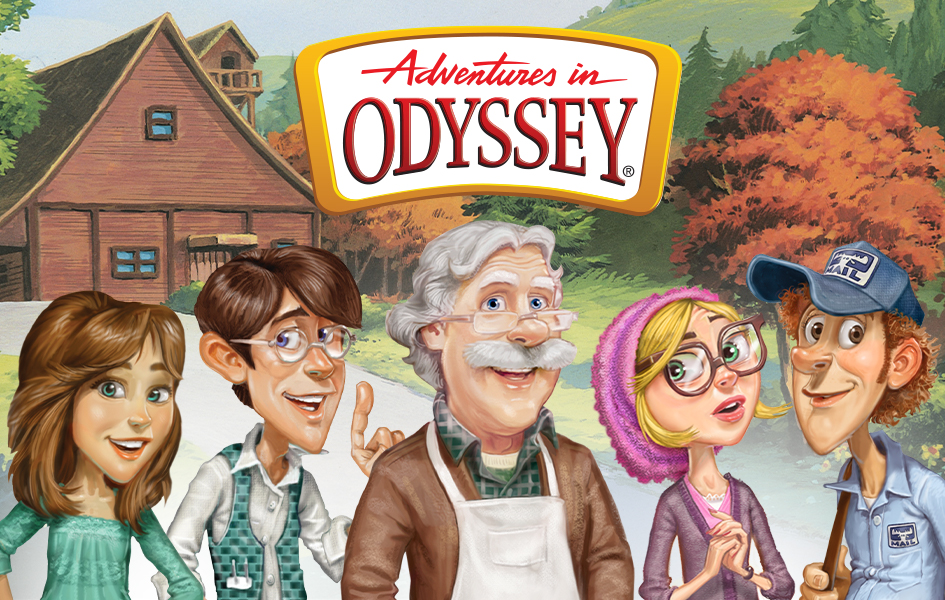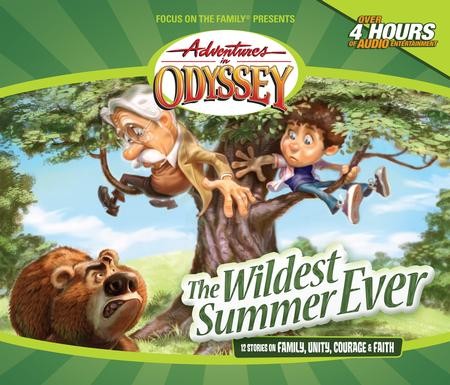

Will Rogers would call it the “Cowboy’s bible.” Published the same year as Mark Twain’s The Adventures of Huckleberry Finn, which fashioned a national literature out of American dialect, Siringo’s book committed frontier speech and cowboy culture to the written page.

Now, dear reader in bidding you adieu, I will say: Should you not be pleased with the substance of this book, I’ve got nothing to say in defense, as I gave you the best I had in my little shop…

Thus one cow-puncher takes a sensible tumble and drops out of the ranks. It is by far his freest and most joyful work to read, and ends with Charlie giving up the cowboy life, donning “a pair of suspenders, the first I had ever worn” and becoming a Kansas merchant: In fact, no cowboy had published an autobiography their literature did not yet exist. The year he turned thirty, he published A Texas Cowboy: Or, Fifteen Years on the Hurricane Deck of a Spanish Pony (1885), about the life he had just left behind and the open range that was disappearing behind barbed wire. So who was he?īorn in Matagorda, Texas in 1855, Charlie was already an author when he signed with the Pinkertons. He went everywhere in the West, but often under different names. Because he spent two decades undercover, playing rough frontier types, outdrinking and outwitting the criminals he befriended and betrayed, Siringo’s actual character has not become fixed in the popular mind. Siringo’s story illustrates the history of the Old West he saw, from the cattle trail days and the birth of the railway cow town to outlaw times and early Hollywood encountering everyone from the southwestern outlaw Billy the Kid to Comanche leader Quanah Parker, even brawling with Buffalo hunters one night in Bat Masterson’s Dodge City saloon. I copied much of the Siringo Pinkerton materials, and later, when the Library of Congress shut down for the pandemic, had a stash of research squirreled away. There were several files devoted to Pinkerton’s court cases against him, yet he kept telling his story in the face of ruinous lawsuits, as if his life was too interesting not to write about, no matter what contract he had once signed. But that of Charles Siringo repeatedly did, both for his heroics infiltrating the Wild Bunch and other desperado gangs but also in the agency’s repeated lawsuits to squelch the books Siringo kept publishing about his undercover adventures. The name Dashiell Hammett did not appear in those Pinkerton files. It is a fantastic collection, no matter its original purpose. The Pinkertons donated it primarily to highlight some of their earlier triumphs and counter their later reputation for anti-union work.
#Adventures in odyssey bible archive#
The Pinkerton archive is a self-selected trove of wanted posters, cypher code books, operative reports, forensic drawings, and crime scene photos. I knew a couple of the Siringo books, but did not become interested in his story until I was researching a project on Dashiell Hammett’s transition from young Pinkerton operative to crime writer, The Lost Detective, in the Pinkerton archive at the Library of Congress.

But it was for the pleasure of following along with one of the gang’s hunters, Siringo, that I later wrote Son of The Old West. The film’s relentless riders can seem symbolic –standing for time running out on Butch and Sundance and their outlaw era or for the forces then changing the West itself. W hen Butch Cassidy and the Sundance Kid finally came to my boyhood mall, I saw it three times, wondering in the dark about the unnamed lawmen chasing the Wild Bunch outlaws around the West, the drumbeat of their horses’ hooves drawing Butch’s exasperated line, “Who are those guys?” One who chased the gang, I would learn, was a cowboy detective named Charles Siringo, who logged four years and 25,000 miles in pursuit.


 0 kommentar(er)
0 kommentar(er)
